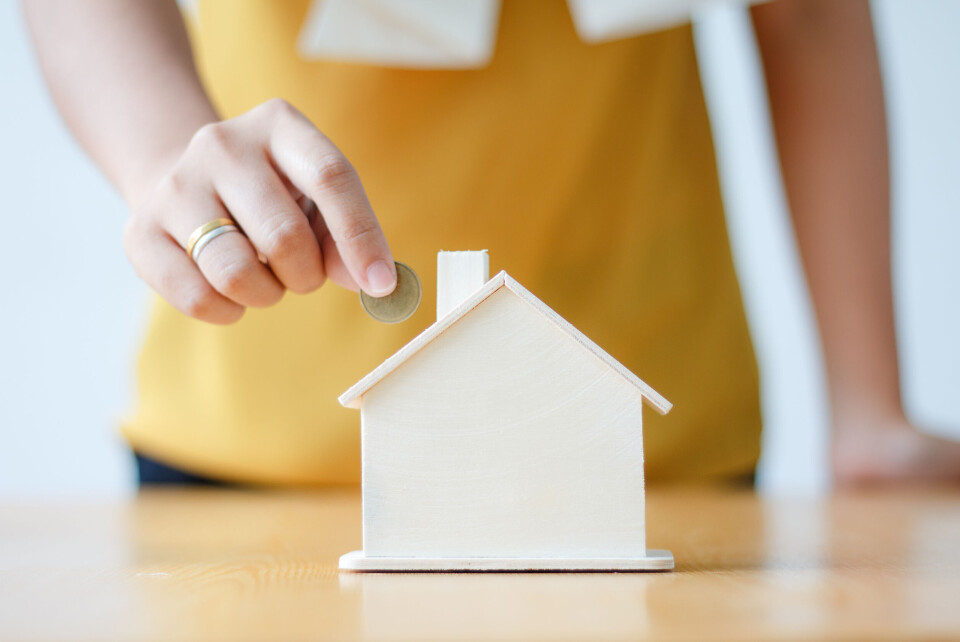-
Can you offer rentals in France when staying on visitor visa?
There are different thresholds for rentals before they are deemed as ‘professional income’
-
World corruption: France better than US but worse than UK
High-level public figures in France have a ‘feeling of impunity’, the ranking says
-
Must all properties in France have a ‘smart’ thermostat?
Modern thermostats can automatically set temperatures even when residents are away
Can buyers claim the interest on their French house deposit?
Who gets the interest often depends on the contract, so for expensive properties and where delays are anticipated it is worth specifying that you want it

Reader Question: What happens to the money the notaire asks for before a purchase? Is it protected, and who gets the interest?
Among a notaire’s obligations is to give the seller the agreed sales price once the acte authentique is signed.
They can take money from a buyer and hold it in something similar to an escrow account (compte séquestre) with their local bank.
This is usually the guarantee of 5%-10% of the sales price asked for at the promesse de vente.
Longer sales
If a sale takes longer than three months, the money is transferred to the notaire’s compte de dépôt obligatoire with the state body Caisse des dépôts et consignations.
These are among the most protected accounts in France.
Interest is usually low but it goes to the buyer.
Interest and protection
Comptes séquestres are only covered to €100,000 if the bank fails. If the notaire goes bankrupt, the money can be claimed back from liquidators.
Interest on these accounts can go to the notaire or the buyer, depending on the contract.
For higher value properties and transactions where delays are anticipated, it is worth specifying you want the interest, even if it pushes up notaire fees.
The notaire must pass it on “within a reasonable time” after ensuring all legal procedures and registrations relating to the sale have been carried out – usually four to six months.
Related articles
Can I deduct furniture from notaire fees when buying a French house?
Is it cheaper to sell French property with a notaire or estate agent?
French property: Buyers paying estate agent fees could save cash
























